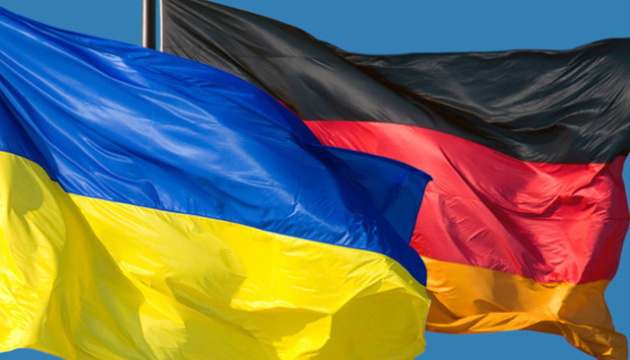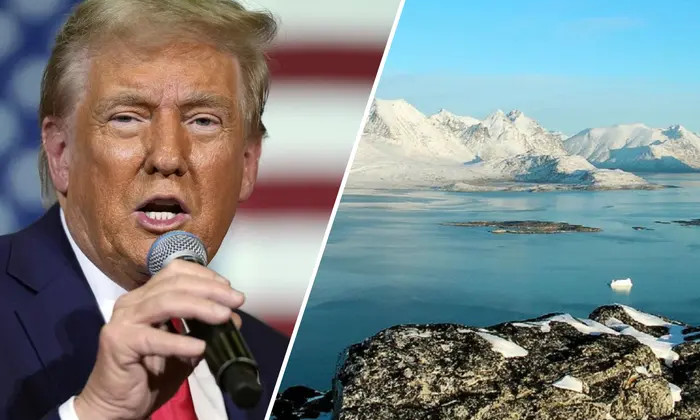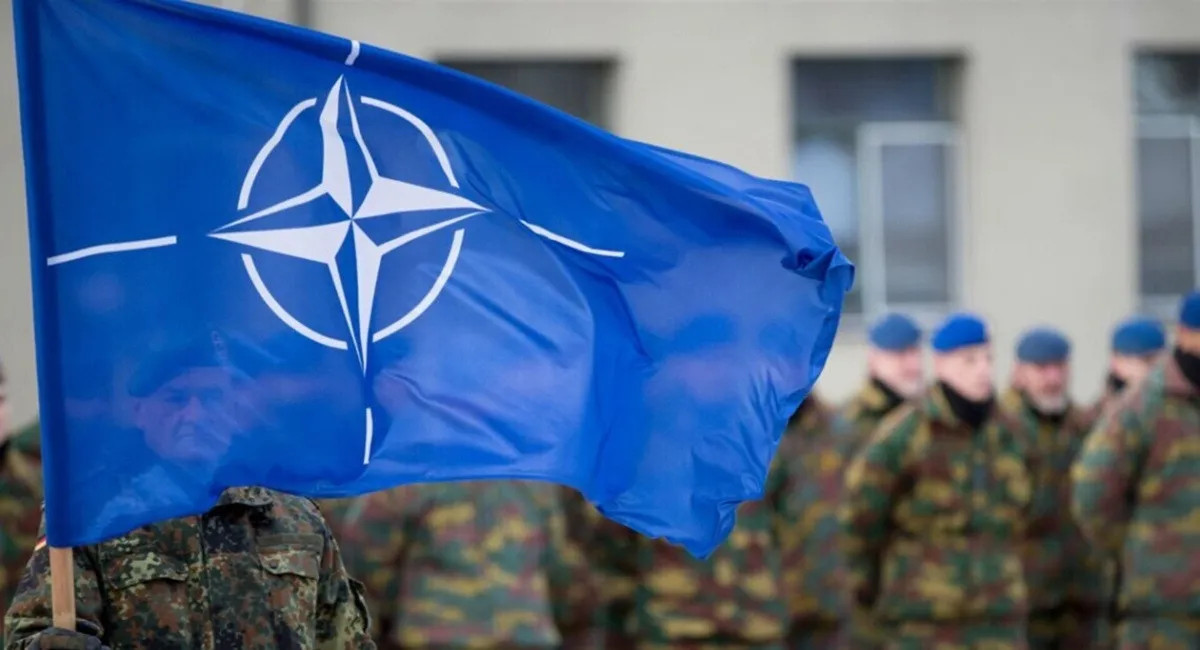Germany will provide Ukraine with €9 billion annually over the next two years, Vice Chancellor and Finance Minister Lars Klingbeil announced during his visit to Kyiv on August 25. He stressed that Germany’s commitment to supporting Ukraine remains firm and that President Vladimir Putin should keep this in mind. Klingbeil underlined that the pledge is “very important to support Ukraine” signaling Berlin’s determination to anchor long-term assistance in Europe’s security strategy.
Strategic signal of long-term support
The annual package, unprecedented in scale, demonstrates Berlin’s long-term commitment to Kyiv and its recognition that Ukraine’s resilience is central to Europe’s stability. German officials view the financial lifeline as a crucial factor in deterring further Russian aggression and preventing the conflict from spreading deeper into Europe, including to Germany itself. The announcement follows Klingbeil’s earlier defense of rising German defense expenditures, which he argued were necessary to counter the growing Russian threat.
Strengthening Ukraine’s economic resilience
The €9 billion per year commitment allows Ukraine to plan its financial needs with greater predictability, providing stability amid the ongoing war. Beyond immediate budgetary relief, the funding strengthens economic resilience and lays the groundwork for future recovery. Once conditions allow, parts of this support could be redirected toward reconstruction projects, accelerating Ukraine’s post-war economic revival and reinforcing its development trajectory. The aid is also expected to support small and medium-sized enterprises, which are vital for maintaining stability during wartime.
Coordinated Western response
Germany’s decision complements the military and financial aid packages already pledged by the United States, the United Kingdom, and other allies, reinforcing a comprehensive support mechanism for Ukraine. By committing such significant resources, Berlin also sends a message to less resolute partners, encouraging them to step up their contributions. As one of the EU’s largest economies, Germany sets a precedent that bolsters collective Western resolve and undermines Kremlin narratives about potential “war fatigue” in Europe and beyond.













